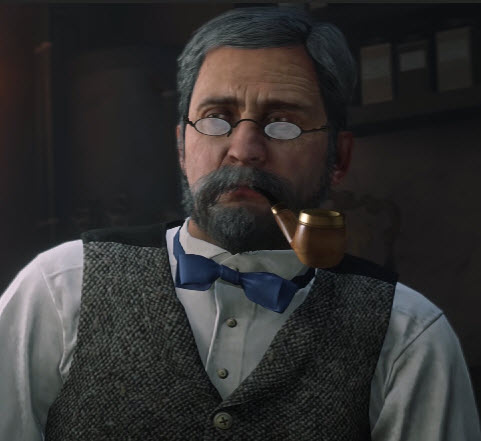

It is evident that Barnes has both a passion and flair for writing. True Grandeur is difficult for me to review because I have conflicting thoughts about the book. It¿s a story of what it means to feel deeply, and attempts to accurately illustrate the internal progression of feeling that is the artist¿s journey. After spending a spirited and adventurous night on the town together ¿ one fueled by an excess of beautiful people, extravagant parties, gallery openings, and the madness of a fallen director ¿ Conrad ultimately falls in love with her, believing them to be destined, however, when he awakes the next morning to find that Gracie is gone, he is distraught, and thus embarks on a relentless journey to find her, resulting in a tumultuous spiral of passion, art, and romance as he searches his soul to uncover the greatest mystery of all ¿ true love.At its core, True Grandeur is not just a love story, but rather an in-depth character study on contemporary romanticism, of how ideals shape one¿s need for individuality and importance, and of how sociological factors such as fame, wealth, and social class contribute to one¿s ability to receive ¿ or not receive ¿ true love. Within a few short years of his arrival, Conrad¿s success as a writer brings him to the attention of Gracie Garrison, a beautiful and alluring socialite whose glamorous lifestyle is just as mysterious as the rumors that surround her. The findings partially delineate the existing gender stereotypes in the media discourse as the collective resources, but some of the differences deviate from the gender-based social norms and provide ground for further research.TRUE GRANDEUR is the modernist tale of Conrad Arlington, a young man who moves to Los Angeles to pursue his dream of becoming a great artist.

These were analysed on a lexical, semantic and pragmatic level and the findings were contrasted with regards to the audience they are predominantly aimed at. For the purpose of this small-scale case study a special corpus was comprised, consisting of headlines from the magazines Cosmopolitan and FHM acquired on the respective web sites throughout a three-month period. Lifestyle magazines, even though frequently labelled as stereotypical and trite, may be seen as an element of gender construction in the mass media, since they carry the social ideologies encoded in their discourse. This research will address gender as a category which is performed and constructed through language use, rather than a given and fixed. Various approaches to the relationship between language and gender acknowledge the existence of gender-based linguistic differences but interpret their origin and features differently. The aim of this paper is to explore the differences between headlines in online magazines aimed at a mainly female audience and those designated for a predominantly male audience.


 0 kommentar(er)
0 kommentar(er)
